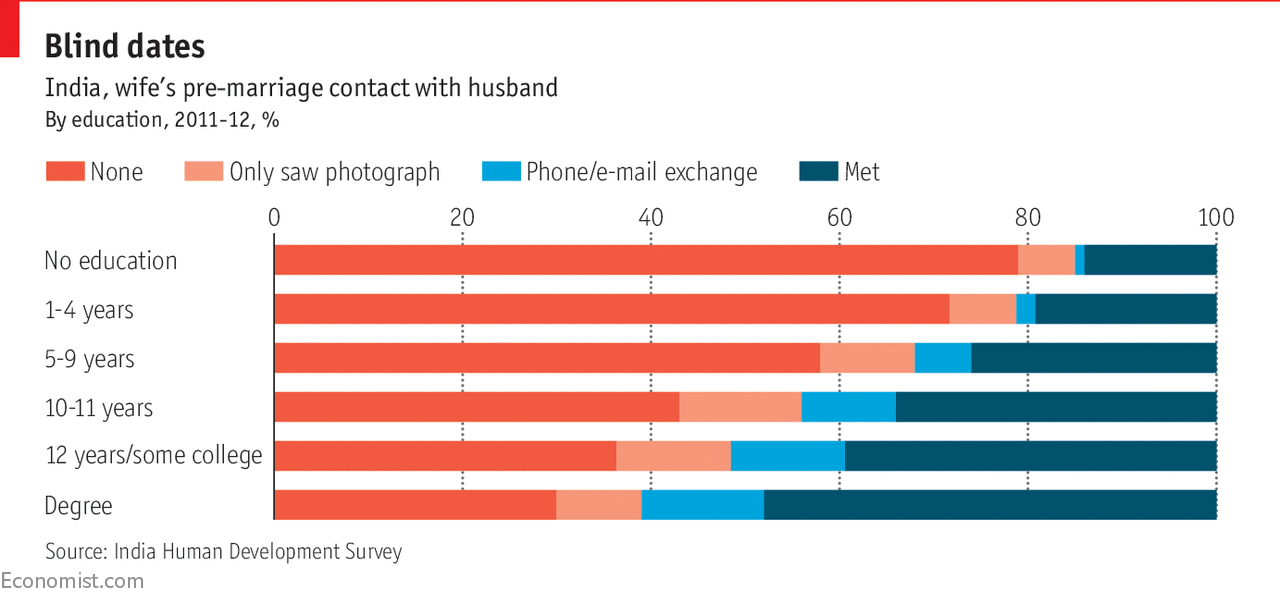

This is in line with the equivalent figures from the last five years. The majority (80%) of victims were in the UK at the time the case was referred to us. The five ‘focus countries’ (other than the UK) with the highest number of cases in 2020 were: Country This could be the country where the forced marriage (or FGM) is due to take place, the country where it has taken place, and/or the country that the spouse is currently residing in. The ‘focus country’ is the country to which the forced marriage risk relates. In 2020, the FMU handled cases relating to 54 ‘focus countries’, excluding the UK.

Since 2011, the FMU has handled cases relating to countries across six continents. These proportions are broadly in line with case numbers from recent years.įorced marriage is not a problem specific to one country, religion or culture. 603 cases (79%) involved female victims, and 156 cases (21%) involved male victims.66 cases (9%) involved victims with mental capacity concerns.278 cases (37%) involved victims aged 18-25.199 cases (26%) involved victims below 18 years of age.Of the cases that the FMU provided advice or support to in 2020:
#Arranged marriage statistics free#
In 2020, 12,162 people from a wide range of professions took the FMU’s Awareness of Forced Marriage free online course. This also included presentations to police officers, social services, health professionals, Border Force staff and community groups. This included the introduction of bespoke training workshops for social workers alongside the existing programme of workshops for police officers.
#Arranged marriage statistics how to#
In 2020, the FMU increased its outreach activities and delivered training to over 450 professionals in how to support victims of forced marriage. FMU caseworkers have been more regularly invited to attend multi-agency strategy meetings following the switch to virtual working. The FMU remained fully operational throughout the restrictions of the coronavirus pandemic and took steps to ensure that this was publicised extensively. A procedural change regarding whether to log a new case as a referral or a general enquiry is also likely to have had a minor impact on the overall number of cases compared with previous years. Following the introduction of the first lockdown in the UK, referrals to the FMU decreased from an average of 82 per month (January-March 2020) to 44 per month (April-June 2020). This is thought to be largely attributable to reasons derived from the coronavirus pandemic, such as restrictions on weddings and overseas travel, which have been in place to varying degrees from March 2020. The 759 cases in 2020 represents a 44% decrease on the average number of cases (1,359) received annually between 20.

This does not include over 400 general enquires the unit received which did not relate to a specific case. This figure includes contact that was made to the FMU through the public helpline or by email in relation to a new case. This comprised 750 cases solely related to forced marriage, 3 cases related to both forced marriage and FGM, and 6 cases solely related to FGM. In 2020, the Forced Marriage Unit (FMU) gave advice or support in 759 cases related to a possible forced marriage and/or possible female genital mutilation (FGM).


 0 kommentar(er)
0 kommentar(er)
